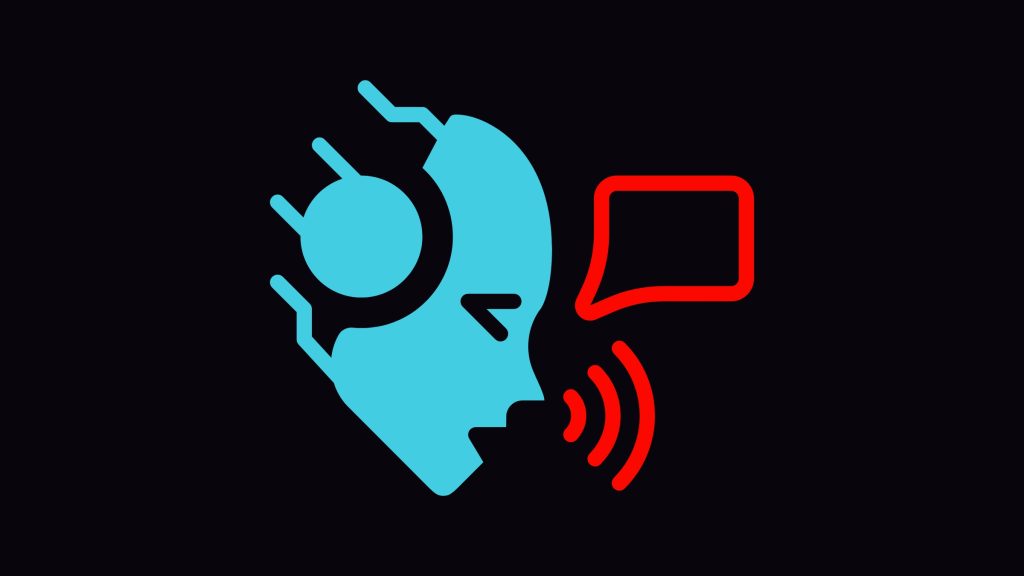
In November, Nvidia introduced Fugatto, an AI sound generation music editor tool that can create entirely novel sounds, music, and speech from text and audio inputs.
Nvidia also pointed out that the tool can also alter human voices by distorting accents or tone and changing out instruments in a melody-a piano for an opera singer, for example.
Capable of producing new AI generated sounds effects and morphing audio flawlessly into one another, Fugatto may become the go-to piece of software for the entertainment, gaming, and advertising industries. Inasmuch as this technology gets better, it also raises some pertinent questions about intellectual property and the ethical limits, ushering in an era whereby AI reimagines the frontiers of creativity.
Take, for example, Fugatto creating scores of unusual sounds like a “saxophone howling, barking then electronic music with dogs barking” or generate effects from prompts like “deep, rumbling bass pulses paired with intermittent, high-pitched digital chirps.”
Innovative Features in Competition
While AI sound effect generator tools from Adobe, OpenAI, and Google DeepMind exist, Fugatto distinguishes itself by creating entirely unique sounds. Nvidia’s announcement on November 25, included a paper detailing the extensive datasets used to train the model, comprising millions of audio samples, including resources like the BBC’s sound effects library, according to The Verge.
The chip giant’s researchers created guidelines that allowed for AI sound generation such as Fugatto to substantially broaden its scope of work without needing new data, with far greater accuracy and the ability to create novel works.
It’s not clear if or when Nvidia will release the tool publicly.
The Controversy Over AI Music
Debates have emerged in the music industry with the rise of tools that generate AI sounds, technology opens creative opportunities, but it calls into question originality and copyright. Major record labels have filed lawsuits against AI companies like Udio and Suno, alleging unauthorized use of copyrighted material for training their model.
Investigations revealed that companies like Nvidia, Apple, and Google’s partner, Anthropic, have used subtitled data from YouTube videos to train their AI systems – a practice that increasingly comes under scrutiny.
Fugatto stands out with capabilities like isolating vocals from songs and creating never-before-heard soundscapes – highlighting on rapid evolution in AI generates sounds for creative industries, a wide diffusion of accessibility, or an apparatus for research. Fugatto moves one step further in the relationship between technology and artistry.
Blending Voice AI
Voice AI is an advancement from Voice Recognition, and it goes far beyond the integration of natural language processing, machine learning, and speech recognition to understand context, emotions, and accents.
Advances in AI sound generation drive innovations in virtual assistants, accessibility tools, and automated customer service for smoother interactions and greater inclusivity. However, challenges remain in accent recognition and privacy protection.
Fugatto focuses on creativity, while Voice AI emphasizes functionality, enabling natural human-machines interaction. Both leverage AI sounds generator to redefine their fields but simultaneously raise ethical questions about data use and originality. As AI generates sounds it continues to evolve, this convergence of creative and functional tools could lead to groundbreaking applications across industries.
Inside Telecom provides you with an extensive list of content covering all aspects of the tech industry. Keep an eye on our Tech sections to stay informed and up-to-date with our daily articles.